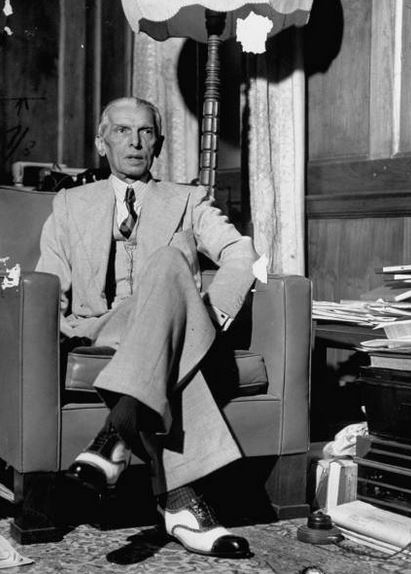 Recently, my friend, Jack Llewellyn, sent me the following email, with some very useful observations on just how widely used the rhetorical of personal faith has been.
Recently, my friend, Jack Llewellyn, sent me the following email, with some very useful observations on just how widely used the rhetorical of personal faith has been.
With his permission, I copy it below:
Continuing to research Partition, I ran into a quote — speaking as the President of the Constituent Assembly of Pakistan on 11 August 1947, in what was really his inaugural address to the new nation, Mohammed Ali Jinnah said (among other things):
“Now I think we should keep that in front of us as our ideal and you will find that in course of time Hindus would cease to be Hindus and Muslims would cease to be Muslims, not in the religious sense, because that is the personal faith of each individual, but in the political sense as citizens of the State”
On one level, this seems a strange ideal, since the very raison d’etre of Pakistan was that Muslims would suffer as a minority in a Hindu-dominated India. However, it is clear in the context of the speech that Jinnah was thinking of the fate of the Hindu and Sikh minorities in Pakistan and of the Muslim minority that was left in India, even subsequent to the establishment of Pakistan.
Soon after Partition, the governments of Pakistan and India came to accept that there would be an exchange of populations in Punjab, with almost Hindus and Sikhs fleeing to India and almost all Muslims to Pakistan. But the government of Pakistan tried to reassure Hindus elsewhere in the new nation that they were welcome to stay—they were some of the most important and wealthy business people and the economic effect of their departure was dreaded. Also there was no way that Pakistan could have fed and housed, much less rehabilitated, the millions of Muslims in India outside of Punjab, should they all have pulled up stakes and moved to Pakistan. So there is a clear strategic logic in arguing that in the new nation being Hindu or Muslim should be confined to “the personal faith of each individual.”